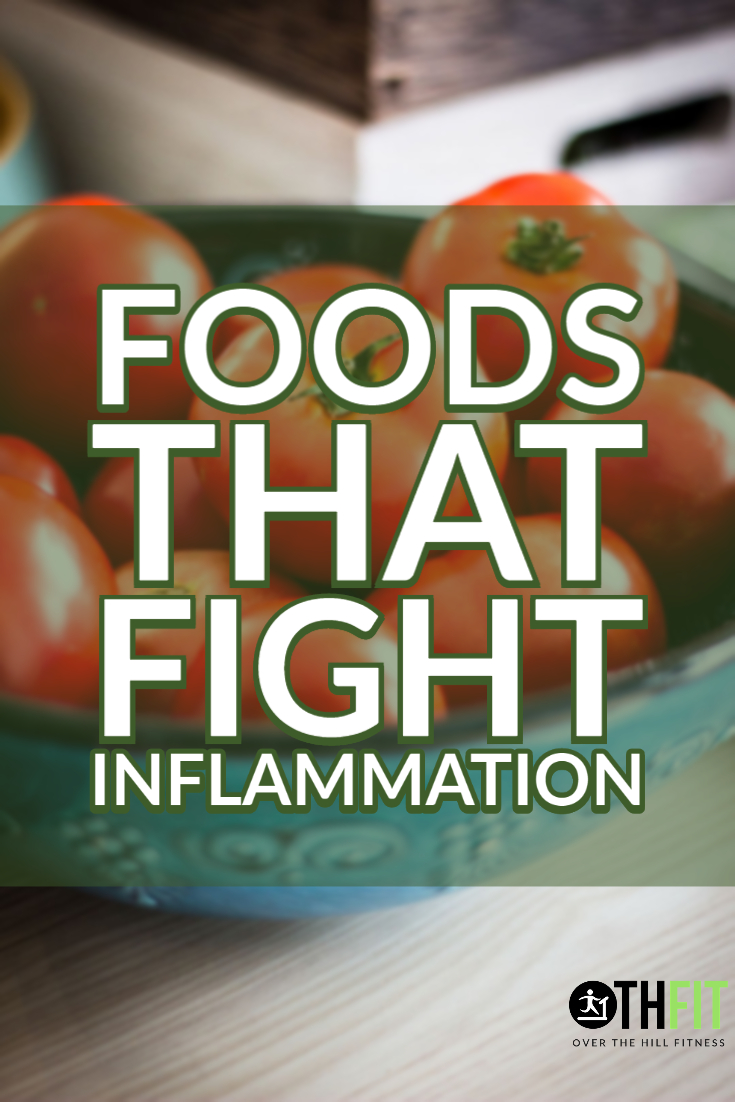
Foods That Fight Inflammation
What is Inflammation?
Inflammation is a word that has popped up more and more in health and fitness circles in recent years. We all know the tell-tale signs of inflammation when we are injured. The redness, heat, swelling, and pain of a sprained ankle, for example. What exactly is inflammation inside of your body? What effects does it have on your health? How can foods fight inflammation?
First, let’s start off with the basics. Inflammation is simply the body’s way of responding to an illness or an injury. This can be an acute response that is a temporary inflammatory state or it can be a long-term response due to a chronic health issue.
When the inflammatory response is acute, your body sends white blood cells to surround the injury. This is where you would see the redness, swelling, and pain of that sprained ankle. If it’s a short-term illness, like the flu, it’s essentially the same response but on the inside of your body.

When the inflammation is long-term or chronic, the response is the same basic scenario. Your body sends those white blood cells to surround and defend against whatever intruder it believes exists. However, it is typically spread throughout the body in a steady, low-grade manner.
Something triggered the immune response and the white blood cells jumped into action but there wasn’t a real threat. They eventually begin to attack healthy cells, tissues, or organs. The entire process isn’t completely understood but chronic inflammation can be brought on by disease and it can lead to disease. Thankfully there are many foods that can fight inflammation.
Causes of Chronic Inflammation
Long-term inflammation can be caused by different things, and sometimes, a cause may not be pinpointed. Some of the common triggers for chronic inflammation include:
- Allergies or sensitivities to something in the environment.
- Autoimmune disorders such as psoriasis where the immune system turns against healthy cells.
- Autoinflammatory diseases. These are similar to autoimmune disorders; however, they are usually due to a genetic problem in the innate immune system. Autoimmune disorders; however, affect the adaptive immune system.
- Never fully recovering from Acute Inflammation. Occasionally, someone may not recover from acute inflammation and will suffer from chronic inflammation ongoing (Felman, 2020).

Above we talked about things that may directly bring on chronic inflammation. Here are some things that may increase the risk of developing it. They are:
- Aging – the older you are the more likely you will develop chronic inflammation.
- BMI over 30 – being obese increases the risk of chronic inflammation.
- Standard American Diet – a diet that is full of unhealthy fats, processed foods, and sugar may lead to inflammation.
- Cigarette smoking – this is a risk factor for so many things so it’s no surprise that it may also cause chronic inflammation.
- High stress levels – long term inflammation risk increases as your stress levels increase.
- Lack of sleep – Quality sleep is important for overall health and a lack of sleep may increase your chance for developing chronic inflammation.
- Irregular sex hormone levels – If your levels of sex hormones are low it could increase your risk of inflammation (Felman, 2020).

Doctors have also identified several disorders that they believe may be linked to chronic inflammation. Some of these include:
- Sinusitis
- Tuberculosis
- Peridontitis
- Crohn’s Disease
- Asthma
- Active Hepatitis
- Chronic Peptic Ulcer
- Rheumatoid Arthritis
- Ulcerative Colitis (Felman, 2020)

What Effects Does Chronic Inflammation Have on Your Body?
We know that Chronic Inflammation can be caused by disease and it can lead to disease. Over time your body’s immune response begins to destroy your healthy cells. This leads to tissue and organ damage, it can even cause DNA damage, death to internal tissues, and scars to form internally.

This type of injury to the inside of your body can cause several different sorts of diseases to develop. They include:
- Cancers
- Heart disease
- Type 2 diabetes
- Asthma
- Obesity
- Rheumatoid arthritis
- Neurodegenerative diseases like Alzheimer’s (Santos-Longhurst, 2018)

You may not notice symptoms at first because of the low-grade nature of the chronic inflammation. There are several symptoms that are associated with long-term inflammation. Some of the things to look out for include:
- Pain throughout your body especially in the joints and muscles.
- Feeling constantly tired yet having great trouble sleeping.
- Struggling with depression and/or anxiety.
- Stomach and GI troubles like diarrhea, constipation, or acid reflux.
- Significant weight gain or weight loss.
- Frequent infections.
- Low-grade fevers, especially in the evenings.

Treatments for Chronic Inflammation
Treating long-term inflammation is important to avoid damaging your body and furthering any disease process. Some of the more common treatments include:
Nonsteroidal anti-inflammatory drugs (NSAIDs)
You can get these over the counter and they include aspirin, ibuprofen, and naproxen. You should always consult your doctor before use. They have been linked to complications like ulcers and kidney disease with long-term use (Santos-Longhurst, 2018).
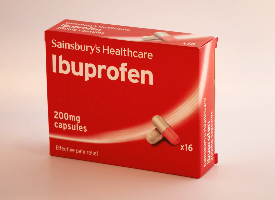
Steroids

These must be prescribed by a doctor and they have a lot of side effects. They are a good option to get the inflammation under control. They suppress the immune system but they are not typically a long-term solution. The pros and cons of steroids will be covered with you by your physician before you start treatment (Santos-Longhurst, 2018).
Supplements
There are several that have been associate with decreasing inflammation. Fish oil, lipoic acid, and curcumin are three that have been shown to lower inflammation linked to disease processes. Some spices like ginger, cayenne, and garlic may lower inflammation as well (Santos-Longhurst, 2018).

Perhaps the biggest thing that you can do to help control inflammation on your own is by controlling what you eat. Diet has been shown to play a big part in inflammation with foods both contributing to the inflammatory process and helping to calm it (Santos-Longhurst, 2018).
Foods to Avoid Inflammation
Every person and every body is different. There are certain foods that have been shown to raise the level of inflammation across a wide variety of people. To lower your inflammation rate it may be helpful to start by either eliminating or greatly lowering your consumption of these foods:
Red Meat
Beef, lamb, mutton, pork, veal, venison, and goat.

Processed Meat

Ham, sausage, hot dogs, pepperoni, beef jerky, deli meats including roast beef and turkey.
Fried Foods
French fries, hush puppies, fish and chips, mozzarella sticks, fried shrimp, fried clams, onion rings, doughnuts, and fried chicken.

Sugary Foods and Drinks

Candy, cakes, cookies, pies, cobblers, sweet rolls, pastries, ice cream, soft drinks, sports drinks, and juice drinks.
Overly Processed Foods
Margarine, frozen pizza, ketchup, white bread, breakfast cereal, saturated fat, TV dinner, boxed macaroni and cheese, and potato chips.

Foods That Fight Inflammation
If you’ve read my personal story you know my body has been through the wringer. I have had a stroke, battled chronic Lyme disease, an autoimmune disorder, PCOS, diabetes Type 2, and I’ve lost 90 pounds. One of the things I struggled the most with was chronic inflammation.
I found that following a keto diet worked wonders for me and as a result, my inflammation rates are normal for the first time ever in my adult life. Many of the foods I am listing here were on my go-to list, therefore this is definitely something that is tried and true.
Foods that fight inflammation tend to be high in antioxidants and polyphenols (micro nutrients from plant-based foods). Below is a list of some of the best.
Extra Virgin Olive oil
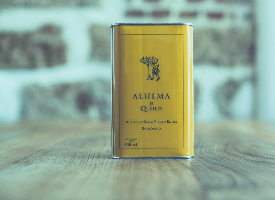
Extra Virgin Olive Oil is associated with a reduced risk of brain cancer, heart disease, and other serious illnesses. It is a staple of the Mediterranean diet which has been shown to have a much lower incidence rate of chronic inflammation than our Standard American Diet. It also contains oleocanthal which is an antioxidant that has been likened to ibuprofen.
Leafy Greens
Kale, spinach, and collard greens all contain high amounts of Vitamin A, Vitamin D, Vitamin E, and Vitamin K. Each of these has been shown to reduce inflammation. In addition, many leafy greens also have alpha-linolenic acid. This omega-3 fatty acid has been shown to have anti-inflammatory properties (Spritzler, 2019).

Tomatoes

You know that tomatoes are bursting with both flavor and nutrition. These garden superstars are high in lycopene, an antioxidant with strong anti-inflammatory properties. They are also full of vitamin C and potassium. Because lycopene has a better absorption rate when it’s eaten with fat if you eat them with olive oil you get more bang for your buck.benefits of tomatoes by eating them with olive oil. Delicious and nutritious!
Fatty Fish
Salmon, sardines, tuna, herring, and mackerel are all fatty fish. They are loaded with EPA and DHA which lower inflammation. EPA and DHA are metabolized by your body into compounds known as resolvins and protectins. These both have anti-inflammatory effects. Fish are some of my favorite foods to fight inflammation.
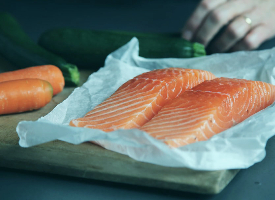
Nuts

Nuts like walnuts and almonds have high amounts of alpha-linolenic acid. That hard-working omega-3 fatty acid helps lower inflammation in your body. They also contain magnesium I-arginine, and vitamin E. Each of those compounds has been shown to help keep inflammation levels low.
Fruits
Cherries, blueberries, oranges, grapes, raspberries, blackberries, grapes and strawberries are all examples of fruits with anti-inflammatory properties. Berries especially contain anthocyanins that have been linked to lowering the risk of disease.

Cruciferous Vegetables
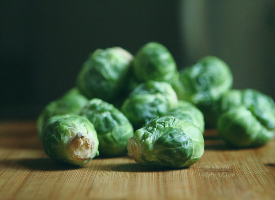
Cruciferous veggies like broccoli, brussels sprouts, and kale (again) are excellent at fighting inflammation. These delicious workhorses are stuffed with antioxidants. Broccoli especially has a lot of sulforaphane that reduces cytokines thereby reducing inflammation.
Turmeric
This yellow, earthy spice has a high content of curcumin which is a strong anti-inflammatory. It’s been shown to reduce inflammation linked to arthritis and diabetes. You are probably better off taking it in supplement form; however, as it is difficult to ingest enough turmeric powder to get the full benefit. It is delicious so don’t shy away from using it in your cooking!

Green Tea

This yummy beverage contains the antioxidant epigallocatechin-3-gallate (EGCG). This superstar reduces damage to the fatty acids in your cells by inhibiting cytokine production.
Avocados
Avocados are loaded with fiber, potassium, magnesium, and monounsaturated fats. They also have tocopherols and carotenoids both have been associated with reduced cancer risk. They are a very versatile food to fight inflammation as they can be eaten alone or added to numerous dishes, substituted for fat in recipes, or used as a creamy condiment.

Peppers

Bell peppers and chili peppers both have lots of Vitamin C and antioxidants like quercetin, sinapic acid, and ferulic acid. These are especially good for inflammation associated with aging.
Mushrooms
These yummy fungi are packed with selenium, copper, and every single B vitamin. They are also super low calorie. You get the added bonus of phenols and other antioxidants that provide anti-inflammatory protection. If you are lucky enough to find a lion’s mane mushroom, it’s been shown to reduce obesity-related inflammation. A word of warning, cooking mushrooms may degrade their anti-oxidant effects so eating them raw is the best way to go.

Dark Chocolate & Cocoa

Dark Chocolate is full of antioxidants that reduce your chance of disease and lower your inflammation rate. Chocolate has flavanols that produce these anti-inflammatory effects and they work especially well on the cells that line your arteries. To get the biggest boost, you should pick at least 70% cocoa, the higher the percentage, the greater the benefit.
What I really love about these foods is that in addition to being great inflammation fighters, they are honestly delicious. If you have some recipes to share using some of these ingredients I would love to hear them! Let us know by leaving a comment below or hit me up on social media and thanks so much for reading!
References
Felman, A. (April 13, 2020). Everything you need to know about inflammation. MedicalNewsToday. Retrieved from: https://www.medicalnewstoday.com/articles/248423 on July 7, 2020.
Santos-Longhurst, A. (July 27, 2018). Understanding and Managing Chronic Inflammation. healthline. Retrieved from: https://www.healthline.com/health/chronic-inflammation on July 7, 2020.
Spritzler, F. RD, CDE. (Dec. 19, 2019). The 13 Most Anti-Inflammatory Foods You Can Eat. healthline. Retrieved from: https://www.healthline.com/nutrition/13-anti-inflammatory-foods on July 7, 2020.
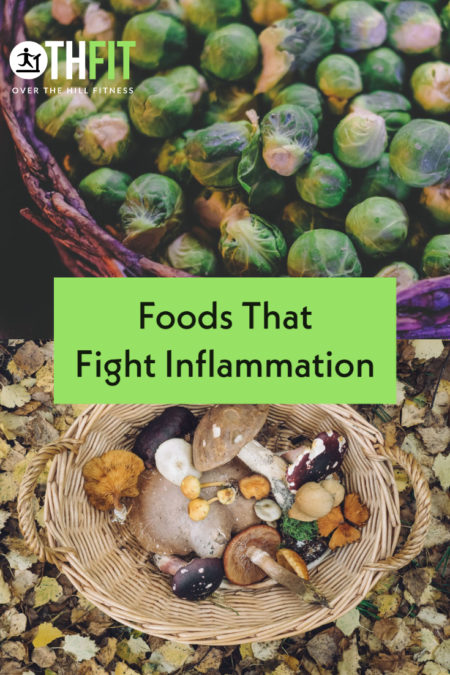
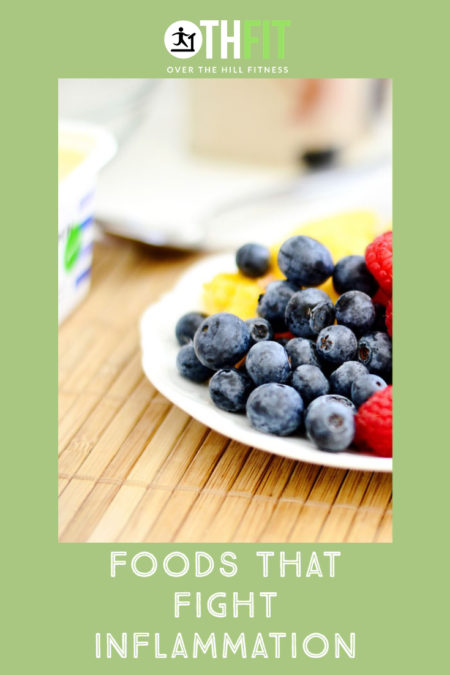
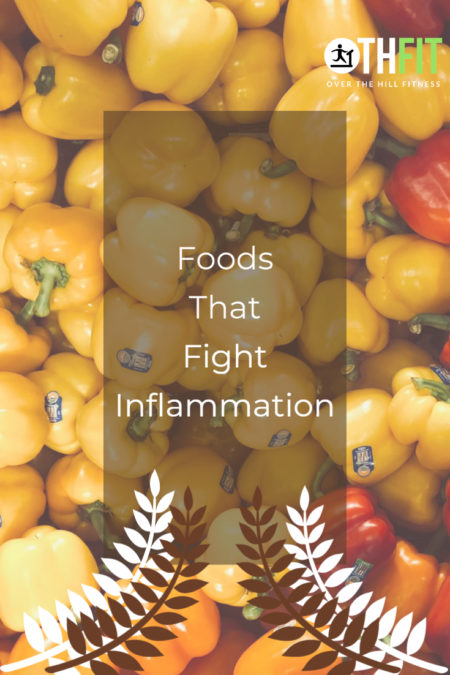
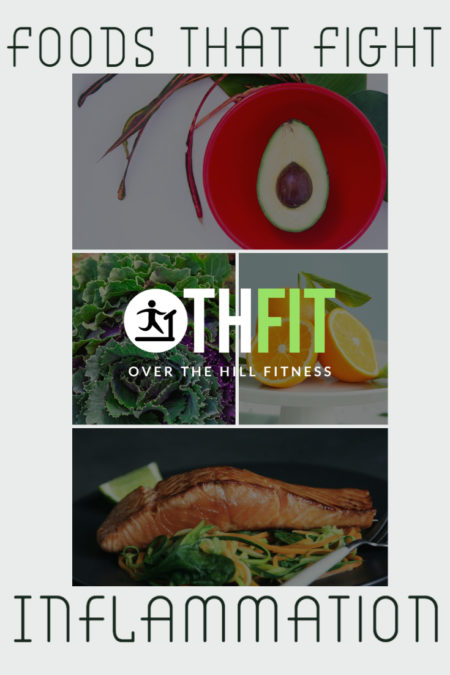
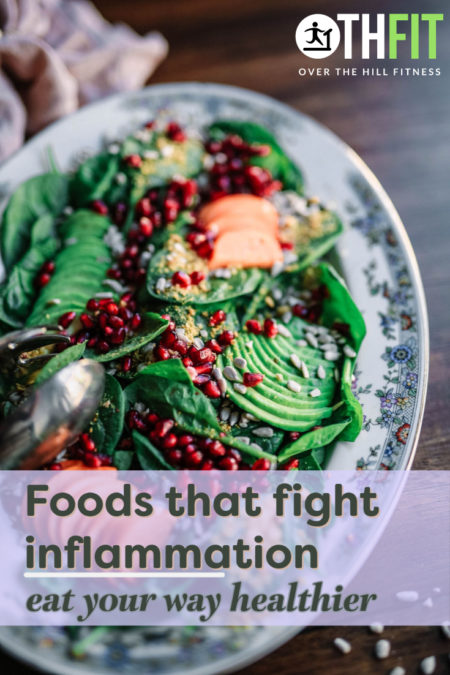
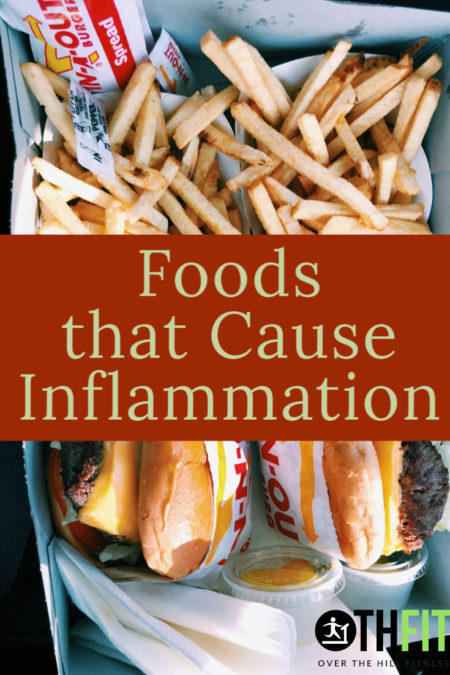



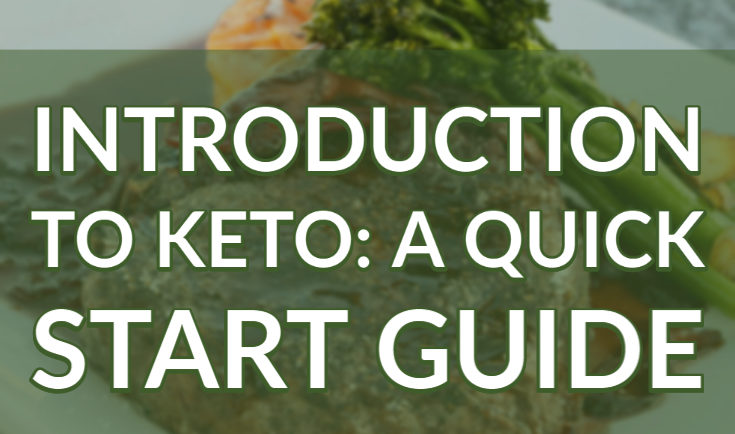

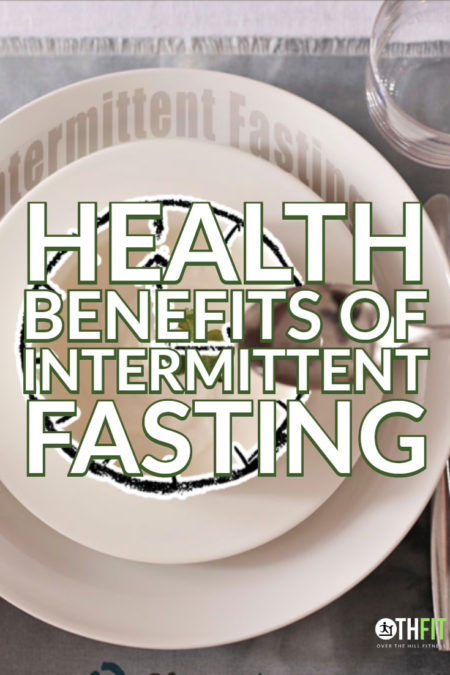
3 Comments
Eugenie
Extremely informative! Thanks for sharing this
Katrina Crandall
Thank you for such a thorough and well-researched article on foods that fight inflammation. This is something I pay a lot of attention to in my own diet, and it definitely pays off!
Nkem
I also hear turmeric is best eaten with black pepper!